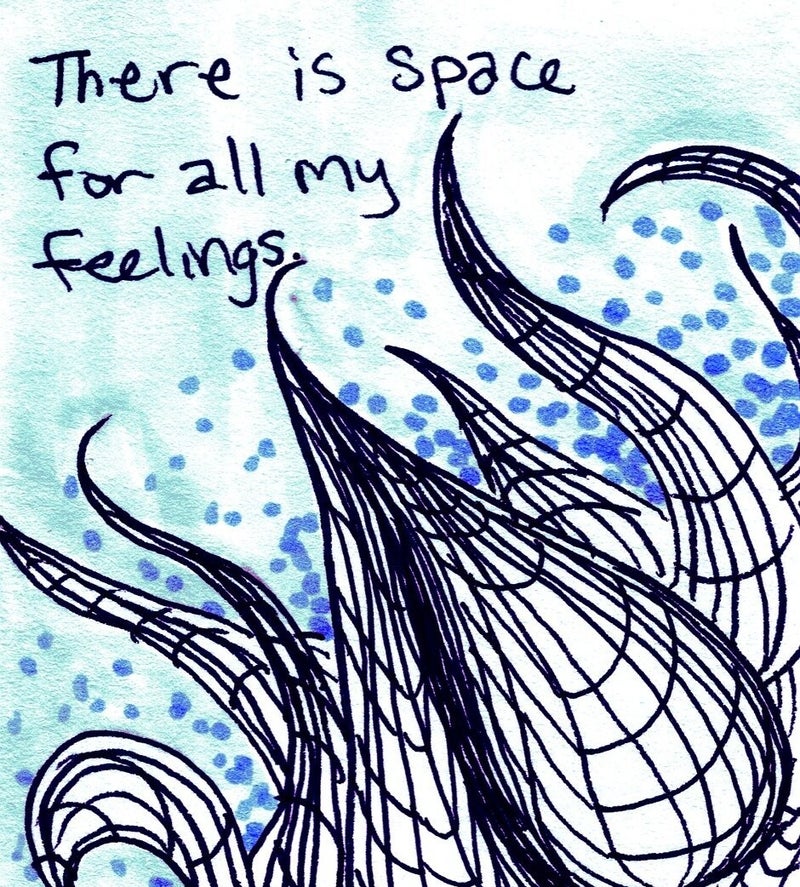There is only one way to happiness and that is to cease worrying about things which are beyond the power of our will.
~ Epictetus

This quote is a reflection of Stoic wisdom, and it offers a pathway to peace and emotional freedom. The core idea here is about acceptance and control—and how focusing on what we can control can unlock happiness in the midst of life’s challenges.
In Stoic philosophy, our happiness doesn't depend on external circumstances, but on how we respond to them. Epictetus teaches that we should focus on our thoughts, attitudes, and actions—things within our control—and not waste energy on trying to control things that are beyond our influence, like other people’s actions or the future.
How It Can Help Us:
Releases the Burden of Worry When we focus on things outside of our control—like other people’s actions, the future, or past events—we burden ourselves with unnecessary worry. Worrying about these things consumes our mental energy, disrupts our peace, and clouds our ability to enjoy the present moment.
Epictetus reminds us that true happiness doesn’t come from changing the external world, but from changing our relationship to it. When we focus on the things we can control—like our reactions, our thoughts, and our mindset—we free ourselves from the mental prison of constant worry.
How this helps: Imagine a situation where you're worried about something that’s completely out of your control, like how a friend will respond to your actions, or an unexpected event in the future. Recognizing that this is outside your power to control can instantly relieve that pressure. Instead, you can focus on what you can do right now: how you respond, how you act in the present, how you choose to interpret things.

Empowers You to Take Action Focusing only on what is within your control doesn’t mean you sit back and do nothing. It means you invest your energy where it counts. Instead of stressing about outcomes, you take meaningful actions based on your values, goals, and principles.
When you stop worrying about things outside of your control, you can better channel your energy into the things that really matter. You take deliberate steps toward the things you can influence.
How this helps: If you're anxious about a situation—say, an exam or an important meeting—you can focus on preparing the best you can, without obsessing over the final result. You focus on what’s within your grasp: study, practice, or planning. Then, once you’ve done what you can, you trust that the outcome will unfold as it will, without needing to control every detail.
Fosters Emotional Resilience Life is filled with ups and downs, and some events are simply beyond our control. However, if we tie our happiness to things we can't change—such as other people's behavior or the unpredictability of the future—we’ll constantly feel at the mercy of circumstances.
Epictetus invites us to accept what is outside of our control and focus on adjusting our responses to life’s inevitable challenges. This doesn’t mean passivity; it means developing an emotional resilience that allows us to stay grounded, even in difficult times.
How this helps: If a major life event happens, such as a loss, a setback, or disappointment, the first instinct might be to despair, because it feels like it's outside of your control. But by accepting that the situation is beyond your control, you empower yourself to move forward with grace. You can grieve, learn, and grow, but you don’t let the event define your happiness.
Brings Clarity of Mind When we stop trying to control the uncontrollable, we clear the mental fog that distracts us. Worrying about external factors clouds our ability to think clearly and make wise decisions.
By focusing only on what we can control—our actions, our responses, our attitude—we simplify our thinking and allow ourselves to live with greater clarity and purpose.
How this helps: In moments of uncertainty, you can simply ask yourself: What can I control in this situation? Once you identify that, you can cut through the noise and focus on what’s actually actionable. This clarity can help you make decisions with confidence, rather than being paralyzed by indecision or fear of the unknown.

Connecting This to Other Philosophies:
This Stoic wisdom is not only practical but can also be connected to other schools of thought:
-
Christianity: The Bible talks about trusting God and surrendering our worries to Him. Jesus said in Matthew 6:34:
"Do not worry about tomorrow, for tomorrow will worry about itself. Each day has enough trouble of its own."
This reflects the same idea of letting go of things beyond our control and trusting that God is in charge of what we cannot handle.
-
Mindfulness and Meditation: These practices also teach the importance of being present in the moment and focusing on what you can control—your thoughts and actions right here, right now. In mindfulness, you learn to detach from worries and negative thoughts, giving you a peaceful mind and a focused heart.
-
Buddhism: Similar to Stoicism, Buddhism teaches the importance of understanding impermanence and detachment from the ego. Accepting what you cannot change is a key part of finding peace and happiness.


In Summary:
Epictetus’s message about ceasing to worry about things beyond our control is timeless, and it's a principle that can guide us toward a deeper, more enduring happiness. When we stop trying to control the uncontrollable, we reduce stress, increase resilience, and find greater peace in the moment. This idea frees us from external pressures, helping us become more grounded in who we are and how we respond to life’s challenges.
By focusing on what we can control—our choices, attitudes, and actions—we begin to shape our own happiness. In doing so, we find more joy and less worry.
Posted by Angela


Add comment
Comments